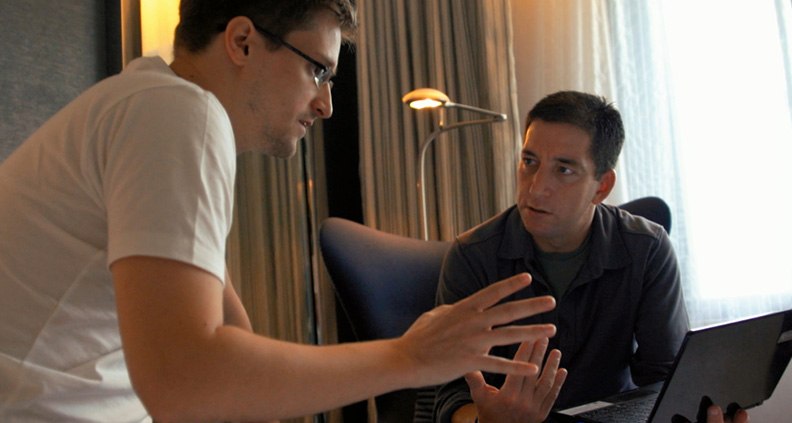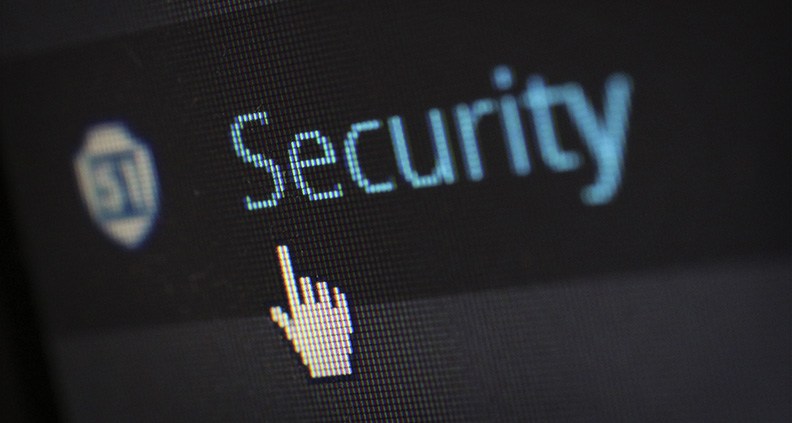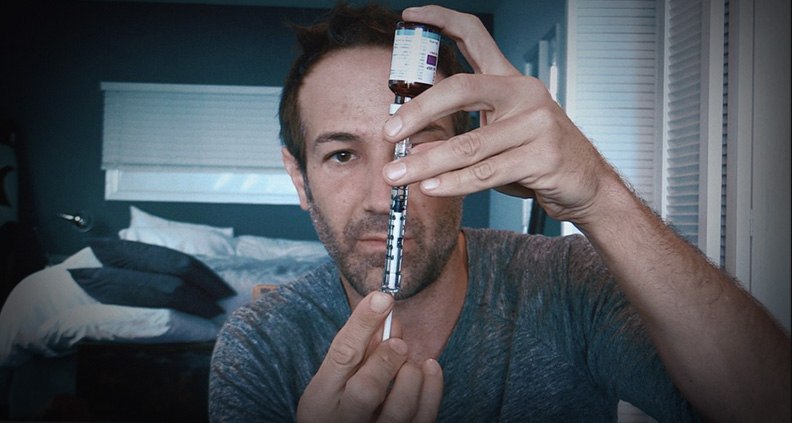The Doc Life: Digital Security for Nonfiction Filmmakers
Each month in The Doc Life, Film Independent blogger Anthony Ferranti dives deep into the how’s and why’s of nonfiction filmmaking, featuring advice and hard-won insight from top veteran and emerging documentarians. Enjoy!
***
So without freaking you out or falling headlong down the conspiratorial rabbit hole, in this month’s Doc Life column I want to look at implementing digital security measures for your nonfiction film project. Think of this as sort of an addition to last month’s article about choosing the right field equipment.
There are a wide range of security measures a filmmaker might want to think about incorporating into their production process, such as, legal council, local fixers, security guards, etc. But for our purposes in this article I will focus solely on digital measures.
Documentary films often focus on real people, places and events. A common view these days is that documentary filmmakers are a lot like journalists. In fact, it’s not uncommon for documentarians to have a journalism background.
So it stands to reason that documentary filmmakers should bear a responsibility to be accurate in their accumulation and presentation of facts. It’s also a fair assertion that filmmakers should be afforded protections similar to those of journalists. However, I’m sure we’re all aware of the fact that governments around the world have drastically different ideas about journalists’ rights. And that some even see little to no value in the true existence of a free press.

Through my recent interviews with documentary filmmakers, I’ve become keenly aware of the real dangers documentarians can face during months—or even years—of painstaking work. Thankfully, advances in digital security software and the availability of helpful information by groups whose mission is to assist journalists and documentary filmmakers have been able to keep us with unsympathetic groups’ and governments’ ability to impede these kinds of stories from being produced and widely shared.
Taking a sober look at where things stand around the globe, we can see evidence of a global trend toward nationalist governments, a continued rise in the political and economic power of corporations and, here in the US, a sustained wave of industrial deregulation.
All of this combines to create a climate where documentary films—particularly those focused on issues of human rights, social justice and the environment—are (not surprisingly) apt to encounter opposition and even attack by those who seek to silence the voice of the filmmaker. This makes understating and implementing digital security measures throughout the filmmaking process more important than ever.
Yikes! So where do I start?

When planning your documentary you need to take some time to assess the digital risks you may encounter in pursuit of your story. Do this by asking yourself: “What is it that I need to protect?” e.g. confidential data materials, the identity of sources, production locations, your footage, etc. Then ask yourself: “Who are my adversaries? What would they want, and what amount of resources could they expend?” and “What would happen if they get what they want?” Next, you need to consider your vulnerabilities, such as communications between all people involved on the project through all phases.
You will need to research the logistics of all production locations and consider how you will be traveling—especially across international boarders. Finally, you must make decisions with your team as to which applications and protocols will be implemented during the project. You want to make certain that everyone’s on the same page and clearly understands his or her role in maintaining your project’s digital security.
Great. What do I need?

Research which digital security measures will best meet your digital security needs to protect everyone involved in your film. As an example, filmmaker Brian Fogel took extraordinary measures to protect his Russian Olympic doping exposé Icarus—eventual winner of the 2018 Oscar for Best Documentary.
Said Fogel: “We took the edit offline. We didn’t allow internet use in the office. We were using burner phones. We sent multiple copies of the footage all over the country, kept safe in safety deposit boxes. We were being obsessive to make sure we could protect this footage.”
In fact, films like Citizenfour, Virunga and Icarus (among countless others) might never have seen the light of day if it were not for access to free digital security assets. Below I’ve listed a few that filmmakers have identified as useful, but a word of advice – take extra care when downloading any of these making sure you are accessing the files from a trusted source. For more information about surveillance self-defense tools check out the non-profit Electronic Frontier Foundation.
Tor Project. Tor allows you to go onto the web without somebody being able to see your searches and what websites you visit.
Tails Operating System. Tails is a complete operating system, which can be used from a USB or DVD independent of a computers original operating system.
SecureDrop. Originally coded by the late Aaron Swartz, SecureDrop allows users to accept documents from anonymous sources.
GPC Encryption. GPC converts data or information into a secret code that is extremely hard to be deciphered by unintended recipients.
Off-The-Record Instant Messaging. OTR allows you to have private conversations over instant messaging. Messages are encrypted and messages do not contain digital signatures checkable by a third party.
Debian GNU/Linux. Debian GNU/Linux is a set of basic programs and utilities that make your computer run, widely referred to as the operating system. The advantage over operating systems such as Windows is open-source operating systems are continually reviewed by “white hat hackers” (security specialists) that test and assess security, exposing vulnerabilities before malicious hackers can exploit them.
Orlando von Einsiedel, director of Virunga—nominated for Best Documentary at the 2014 Film Independent Spirit Awards—shared this: “In recent years, online security has come along a lot and there are many useful messaging tools like Signal that we didn’t have during our shoot. There’s a fantastic free handbook of information about this sort of stuff, produced by Doc Society and made possible by Ford Foundation. It’s definitely worth checking out.”
Where can I go for more information?

The Safe & Secure Handbook is a tome filled with extremely useful advice, information and links to resources that goes way beyond just digital security. The handbook was developed by DOC SOCIETY, which is an international non-profit committed to enabling great documentary films and connecting them to global audiences. Within this living document, filmmakers will discover information about such useful subjects as: journalistic guidelines, securing legal rights, PR planning and crisis management—just to name a few.
Lastly, I want to sincerely thank the following filmmakers who provided their knowledge and expertise in putting together this blog: Orlando von Einsiedel, Brian Fogel, Laura Poitras and the DOC SOCIETY.
Learn how to become a Member of Film Independent by visiting our website, and click here to subscribe to our YouTube channel. Also, why not be our friend on Facebook, Twitter and Instagram?